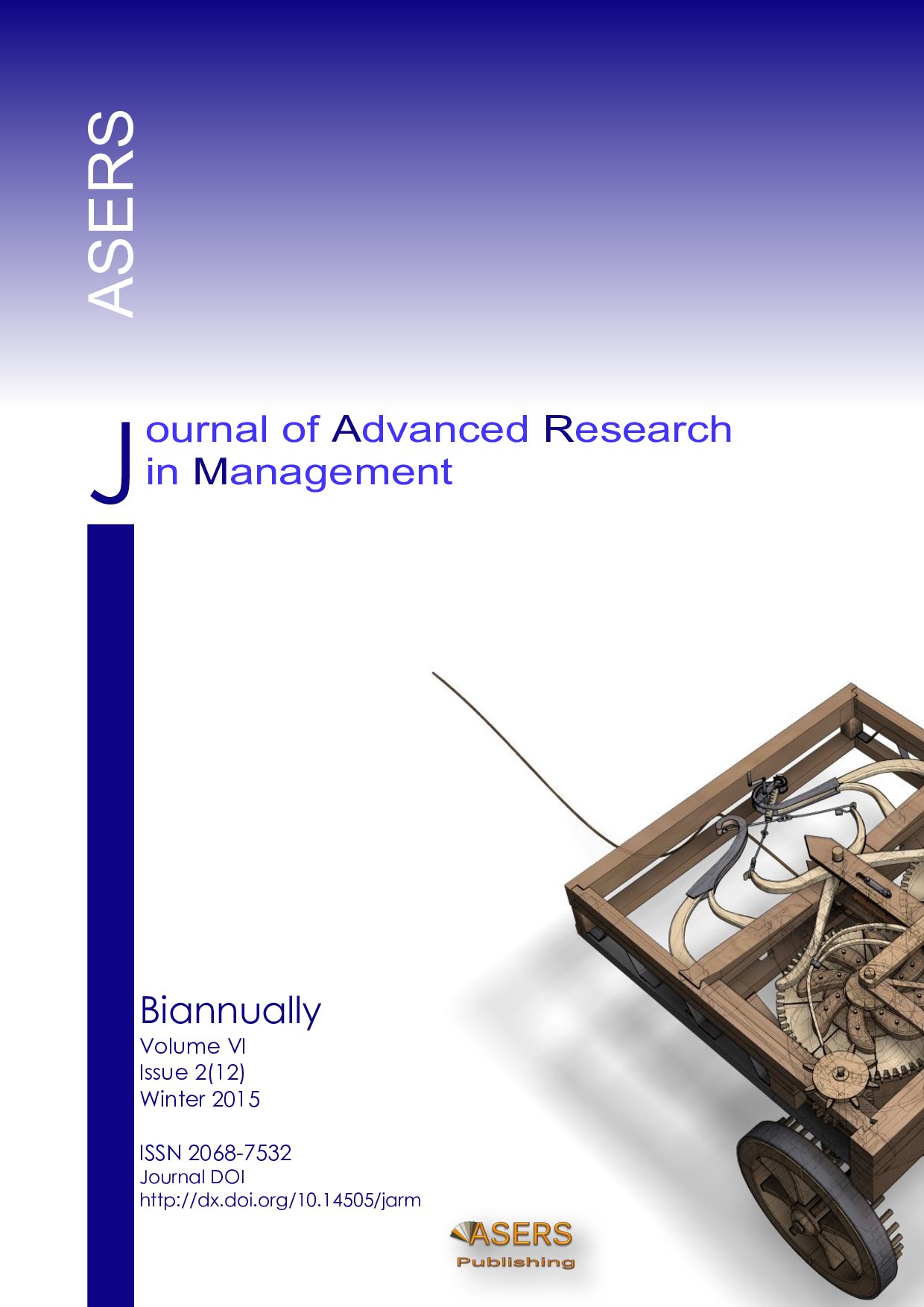Critical and Interpretive Ethnography Theory: A Reflexive Case Study
Critical and Interpretive Ethnography Theory: A Reflexive Case Study
Author(s): Michael M. Dent, Edward Wong Sek Khin, BIN ISMAIL Mohd NazariSubject(s): Economy, Accounting - Business Administration
Published by: ASERS Publishing
Keywords: critical theory; interpretive; ethnography theory; action research; tacit knowledge.
Summary/Abstract: This paper presents a vignette focusing on the link between interpretive theory and critical theory employing a reflexive case study on the business career and networking activities of a global marketeer.The study (conducted over a period of five years) had the stated objective of „How do I improve my professional practice‟ and employed the reflective spiral of analysis which is emblematic of the action research methodology. This paper focuses on one aspect of this research only and aims to share the methods of inquiry and the processes we took to achieve the objectives. It is hoped that we can usefully share best practice and provide some ways to improve the approach based on our personal research experience of using such this case study methodology. This paper discusses how different research approaches provide fundamentally different ways of looking at a case, and also demonstrates how theory can provide useful yet markedly different interpretations of organizational events. Critical theory and interpretive theory operate from within what can be termed the transitive epistemological dimension, and tend to emphasise the importance of reflective ontological issues. It also investigates the role of creativity and the use of tacit knowledge using empirical observation and abductive reasoning that can result in inspirational thought that drives the discovery of patterns new to existing human knowledge. Tacit knowledge has important things to say concerning a situation and this leads to improvements in our understanding of events. Conclusions drawn are only from a single case study perspective and do not reflect wider stakeholder perspective. The approach described is that of a single case study based on a research philosophy of Critical Theory, with an objective ontology and subjective epistemology.The vignette provided gives a view of 21st century work practices and influences. The analysis of the Brand Map and the 5 Cs provides an insight within this case study of areas of strength and weakness. Applying corrective actions can thus improve professional practice. However, it would also appear that the value of tacit knowledge may be more significant than either paper qualifications or past experience per se.
Journal: Journal of Advanced Research in Management (JARM)
- Issue Year: VI/2015
- Issue No: 12
- Page Range: 61-70
- Page Count: 9
- Language: English
- Content File-PDF

